| Name of the project | AP19678263 “Rational use of technogenic waste from metallurgical production”. |
| Name of the competition within which the project is being implemented | Competition for grant financing of scientific and (or) scientific-technical projects for 2023-2025. |
| Name of the priority area of science development in which the project is being implemented | Geology, extraction and processing of mineral and hydrocarbon raw materials, new materials, technologies, safe products and structures. |
| Name of the specialized scientific field in which the project is being implemented, the type of research | New multi-purpose materials based on natural raw materials and technogenic wastes. |
| Project implementation dates | 01.07.2023 y. – 31.12.2025 y. |
| The relevance of the project |
Modern developments of clinkerless binders based on blast-furnace slags are known. They are used for production of various cement grades. At the same time, the purpose of slag application is to reduce carbon dioxide emissions during construction of concrete structures. We are faced with the task of maximizing the use of blast furnace (granular) slag for large volumes of earthworks. Since in the region there is an acute problem of reducing the amount of man-made waste, the use of the obtained binding material from blast furnace slag for reinforcing soil bases during the construction of highways will reduce the ecologically negative impact of slag. As part of the project activities, the bases for wide use of blast furnace slag as a binder for soil reinforcement during earthworks will be developed. The project aims to create a clinker-free binder from blast furnace slag waste and recycle refractory materials to utilize the waste and create quality refractory materials. This will allow to recycle metallurgical production waste and, accordingly, reduce the environmental hazard from waste storage. It will also reduce the cost of construction binding materials (cement, etc.) by eliminating from the process the expensive operation of burning materials. The new refractory material will consist of recycled fireclay bricks, mineral powder, binders, water, flame retardants, structure and powder formers, providing the desired properties of the product. |
| The purpose of the project | Creation of a technology for processing technogenic waste from blast furnace production to produce clinker-free binder material and refractory bricks. |
| Research group |
1) Romanov Viktor Ivanovich – Candidate of Technical Sciences, Associate Professor of the Department of Technological Machines and Transport, Project Manager. Scopus ID: 57212080742 https://orcid.org/0000-0002-6609-4690 2) Merkulov Vladimir Vitalievich – Candidate of Chemical Sciences, Associate Professor of the Department of Chemical Technology and Ecology, Leading Researcher. Scopus ID: 57226571800 https://orcid.org/0000-0001-8959-114X 3) Kabieva Saule Kazzhanovna – Candidate of Chemical Sciences, Professor of the Department of Chemical Technology and Ecology, Senior Researcher. Scopus ID: 57191917083 ResearcherID: ABC-8661-2022 https://orcid.org/0000-0002-4868-5278 4) Bestembek Erbol Serikuly – Candidate of Technical Sciences, Associate Professor of the Department of Technological Machines and Transport, Senior Researcher. Scopus ID: 58203940500 https://orcid.org/0000-0002-1963-3743 5) Zhaslan Rymgul Kuatkyzy – PhD., senior lecturer of the Department of Chemical Technology and Ecology, researcher. Scopus ID: 57200215253 6) Zhumanazarova Gagiza Mustafaevna – senior lecturer of the Department of Chemical Technology and Ecology, researcher. Scopus ID: 58188315300 7) Sitdikova Elena Vladimirovna – lecturer of the Department of Chemical Technology and Ecology, junior researcher. 8) Abilkanova Farida Zhumageldyevna – senior lecturer of the Department of Chemical Technology and Ecology Scopus ID: 57816403400 |
| Expected project results |
Within the framework of the project realization the works on manifestation and improvement of hydraulic properties of slags will be carried out. Two- and multi-component compositions of materials from Qarmet JSC production wastes will be developed. Fine dispersed composite powders from metallurgical production wastes will be obtained, results of researches on conditions of content of obtained materials, conditions of normal hydration reaction, results of reactivity, degree of grinding will be obtained. The content of chemical elements of blast furnace slag, providing its resistance to decomposition, will be determined. There will be published 1 article in journals from the first three quartiles with impact factor in Web of Science database or having CiteScore percentile in Scopus database not less than 50 and 2 articles in peer-reviewed foreign or domestic journals recommended by Committee for Control in the Sphere of Education and Science of the Ministry of Education and Science of the Republic of Kazakhstan. |
| The results achieved at the moment |
1) Based on the review of scientific and technical information, the analysis was carried out to identify the main disadvantages and advantages of modern methods of obtaining refractory materials and clinkerless binders using blast furnace slag. 2) The chemical and mineralogical composition of technogenic wastes of “Qarmet” JSC (blast-furnace and steelmaking slags, dust of dolomite limestone, etc.) was established on the basis of the analysis of granulated slag. The parameters of slag, on which the optimal composition of activators for obtaining mixtures depends, were revealed. The researches which have allowed to reveal the basic ways of increase of reactivity of raw materials have been carried out. 3) As a result of the conducted works the volumes of metallurgical production wastes (blast furnace slags, fireclay brick wastes, silicates, etc.) were prepared for experimental studies. The work on preparation of the necessary equipment for experimental studies was carried out. |
| Published works on the project topic | 3 manuscripts have been sent to publishers and are expected to be published in printed form. |
| Contact information for potential users | ye.bestembek@tttu.edu.kz |
